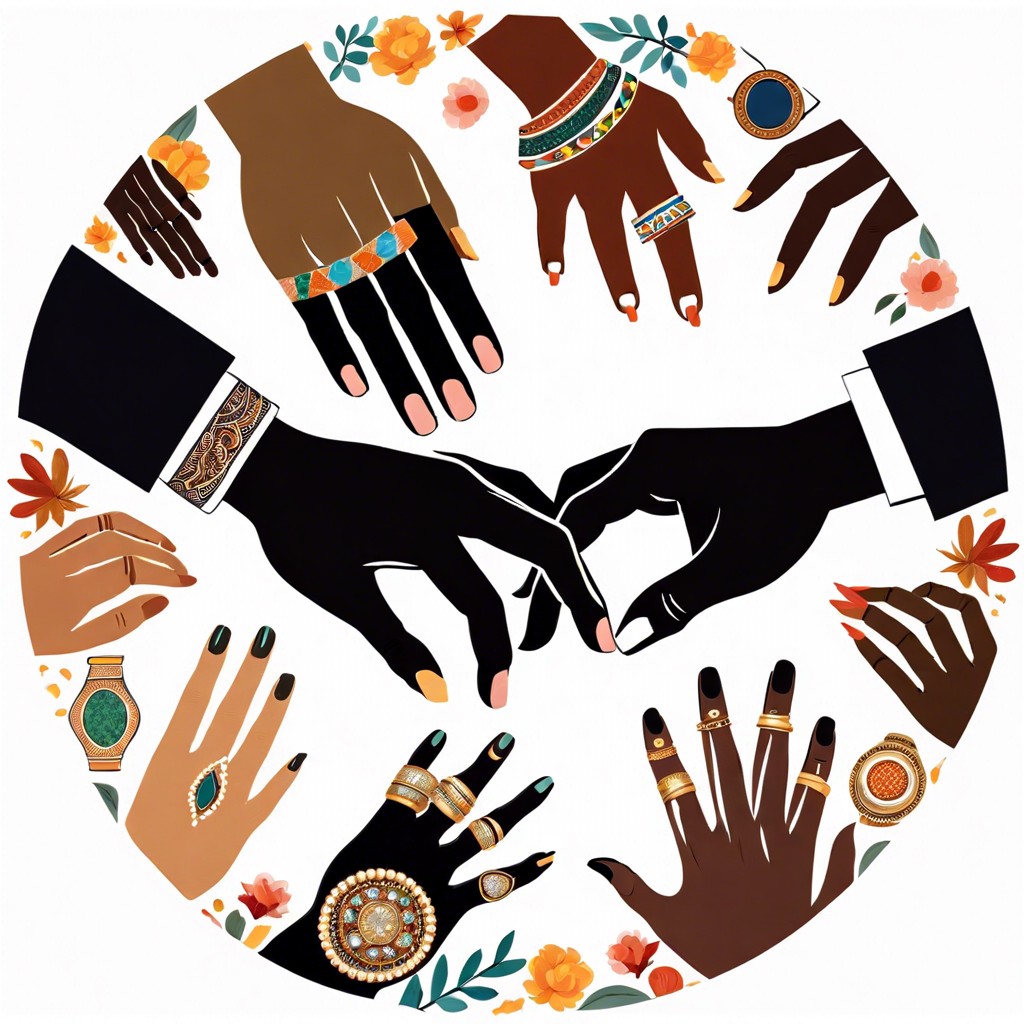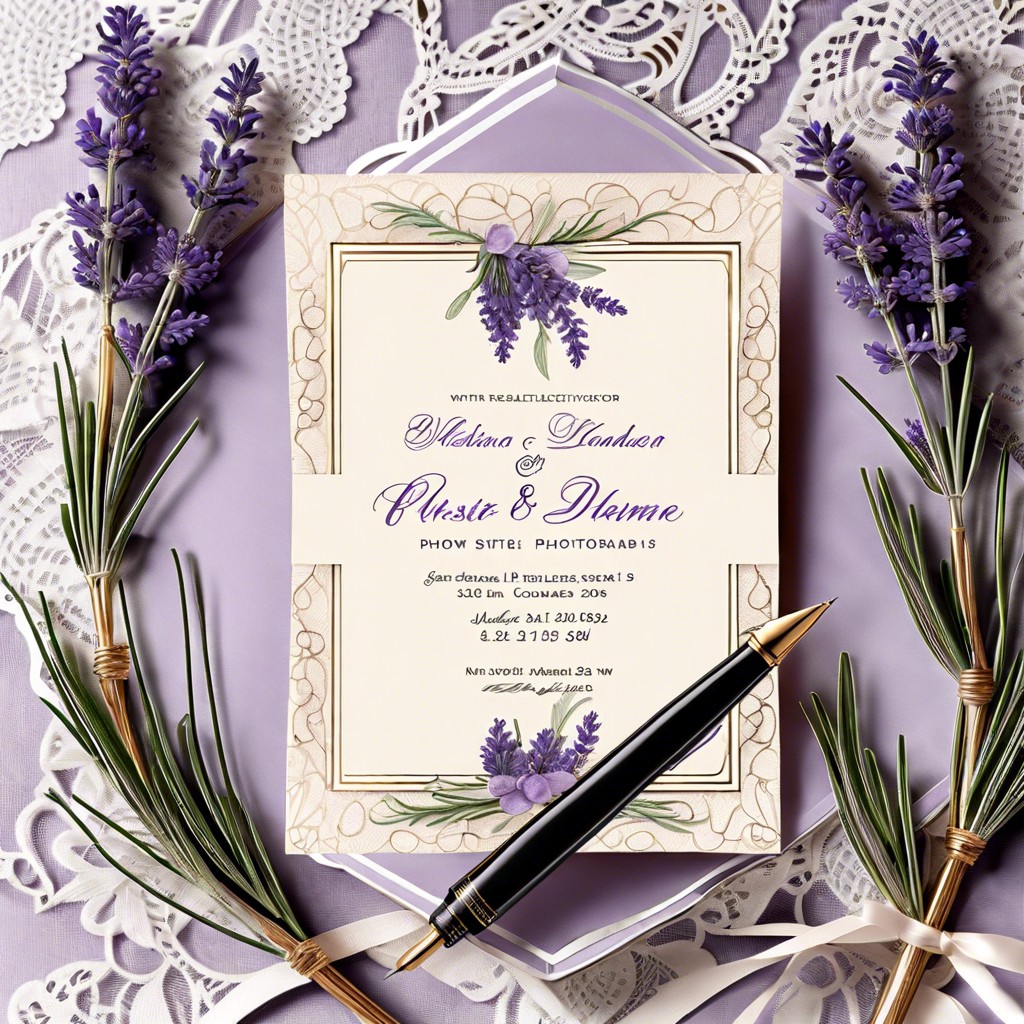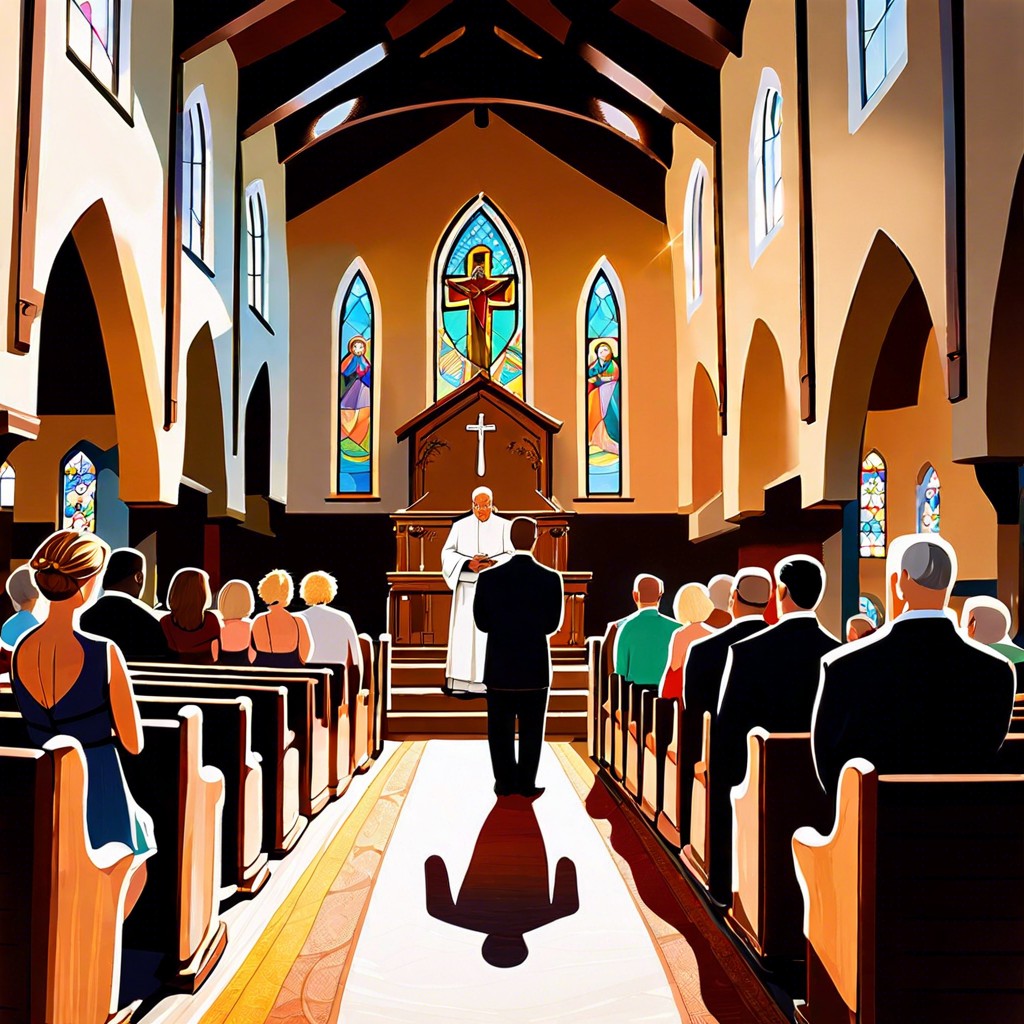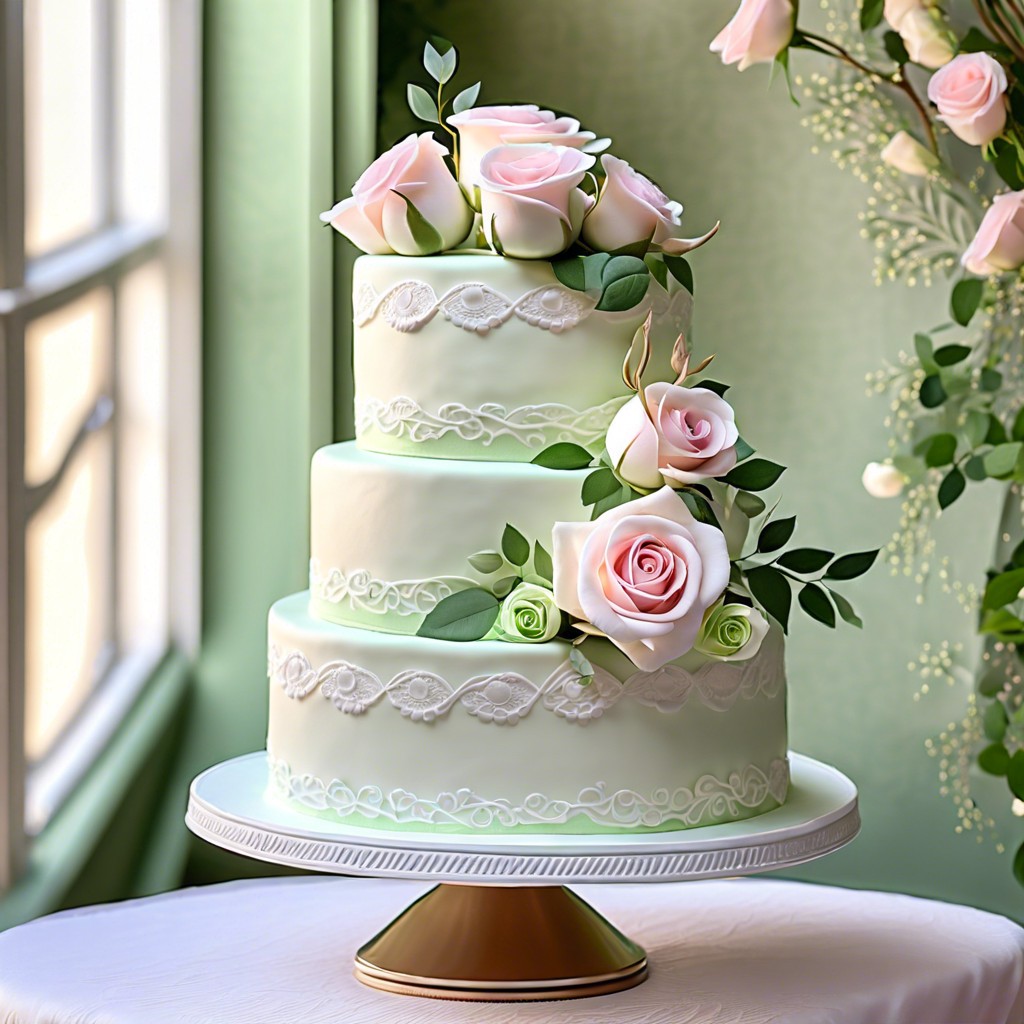This article provides a comprehensive guide on the factors that influence the cost of hiring a wedding DJ.
Key takeaways:
- Experienced DJs charge more based on reputation.
- Longer events result in higher DJ fees.
- Additional equipment and special effects increase pricing.
- Location affects DJ rates, with urban areas typically charging more.
- Consider off-peak dates and negotiate with newer DJs.
Average Cost of a Wedding DJ

Navigating the pricing for a wedding DJ can be a bit like hitting the dance floor — it’s all about finding the right rhythm. Generally, couples can expect to spend on average between $1,000 to $2,500 for professional DJ services. This discrepancy in price is due to various factors including the DJ’s experience, the duration of the reception, and the level of equipment they provide.
- Experience and Reputation: A highly sought-after DJ with years of weddings under their belt typically charges more than someone just starting.
- Event Duration: The longer your reception, the higher the DJ’s fee might be as it often involves more preparation and performance time.
- Equipment and Extras: If you’re looking for top-of-the-line sound systems, lighting, or special effects like fog machines, prices can climb.
- Geographical Location: DJs in metropolitan areas or regions with a higher cost of living may charge more than those in smaller towns or rural areas.
Remember, while budgeting for your wedding entertainment, the cost of a DJ goes beyond just playing music — it’s about creating an unforgettable atmosphere for your special day.
Factors That Influence DJ Costs
Several variables can affect what you’ll pay for a wedding DJ, each contributing to the overall cost:
Experience and Expertise: Seasoned DJs with a proven track record of successful events typically command higher fees. Their expertise in reading a crowd and vast music knowledge can make your reception unforgettable.
Length of Service: The duration of your event directly impacts cost. Most DJs charge by the hour, with a minimum booking time. Factor in not just the reception but also the ceremony or cocktail hour if you want music throughout.
Equipment and Lighting: Expect to pay more if your DJ provides sophisticated sound systems, uplighting, or a photo booth. High-quality equipment enhances the experience but comes with a higher price tag.
Travel and Location: DJs may charge extra for travel if your wedding venue is far from their base of operation. Additionally, the cost of living varies by location, which can influence their rates.
Date and Season: High-demand dates, such as Saturdays in peak wedding season, often come with premium pricing. Consider off-peak days or seasons for potential savings.
Additional Services: Personalized services like custom playlists, emcee duties, or coordinating with live performers can increase costs. The more tailored the experience, the higher the expense.
Understanding these factors can help you navigate DJ costs and select the best option within your budget.
Cost Comparison Between DJs and Live Bands
When deciding between a DJ and a live band for your wedding, it’s important to consider the distinct cost implications of each. Typically, a live band will be more expensive than a DJ due to the number of people involved and the equipment requirements. Bands can charge between $2,500 to $6,000 on average, while DJs often range from $600 to $1,500, providing a more budget-friendly option with a similarly extensive music selection.
A live band delivers a dynamic performance and can create an unforgettable atmosphere with a set playlist or improvisations. However, a DJ offers more versatility in song choices and can respond in real-time to the vibe of the room. Also, the space required for a DJ setup is considerably less than that for a band, which can be a deciding factor in venue selection.
Keep in mind that prices vary by region, day of the week, and specific services offered, so it’s worth obtaining quotes from both DJs and bands to make an informed decision that aligns with your budget and preferences.
Tips for Reducing Wedding Music Costs
Consider booking your DJ for a shorter time frame, focusing their services on the reception alone. This can dramatically reduce costs, as some DJs charge by the hour.
Look for DJ packages that include lighting or photo booth services. Bundling these elements with your DJ can lead to discounts and less coordination with multiple vendors.
Negotiate with newer DJs eager to build their portfolio. They often offer competitive rates to gain experience and establish themselves in the industry.
Schedule your wedding during the off-peak season or on a less popular day of the week. DJs may offer lower rates for times when demand is lower.
Opt for a DJ who provides their own equipment, which can cut down on rental fees for sound systems and microphones.
Reach out to your personal network for referrals. Friends and family who recommend a DJ may lead to a friends-and-family discount.
Limit the number of special requests that require the DJ to purchase new music, as this can increase your final bill.
Remember that while music is crucial, it’s one area where you can get creative with your budget without sacrificing a fantastic experience for you and your guests.
Essential Questions to Ask Potential DJs
When meeting with potential DJs, it’s crucial to obtain a comprehensive understanding of their services and determine if they’re a good fit for your wedding. To help you with this process, consider asking the following questions:
- What is included in your standard package and what are the costs for additional services?
- Can you provide a detailed breakdown of your pricing?
- How many hours of service does your fee cover and what is your overtime rate?
- Are travel expenses included or do they come at an extra charge?
- Do you carry liability insurance, and can you provide proof?
- What’s your cancellation or postponement policy?
- Can we hear samples of your work or see videos from past events?
- How do you customize your music playlist for each couple?
- Have you worked at our chosen wedding venue before?
- What is your backup plan in case of equipment failure or personal illness?
These questions aim to give you clarity on what the DJ offers and help you avoid any unexpected expenses or issues on your big day. Clear communication is key to ensuring that your wedding entertainment meets your expectations.



